News
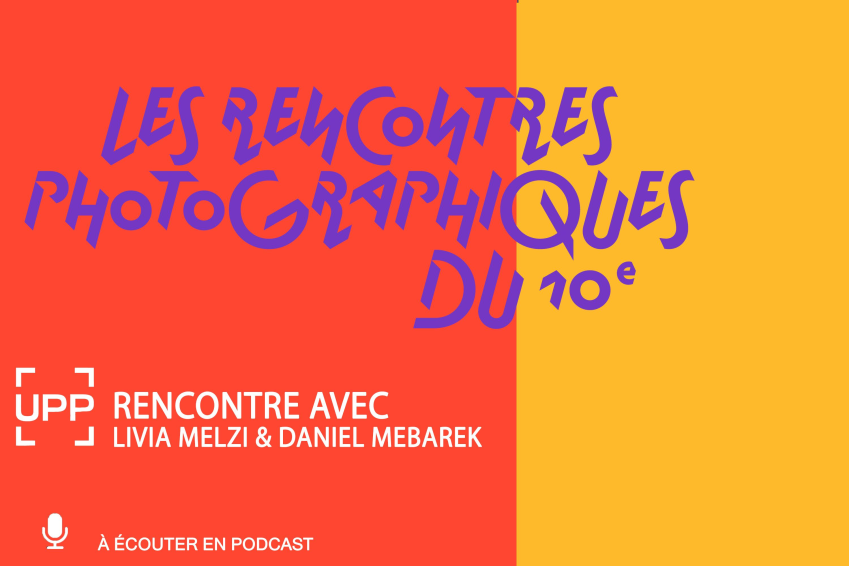
PODCAST Interviews with Lívia Melzi & Daniel Mebarek
As part of the 10th arrondissement's Rencontres photographiques, the Union des Photographes Professionnels discovered the photographers exhibited this year through podcasts.
Listen to LíviaMelzi & Daniel Mebarek: https: //www.youtube.com/watch?v=a4pVzLjjYFA
Identity and reconstruction through 2 stories: Family history / Community history
LíviaMelzi:
Born in 1985, you are an oceanographer by training, hold a Master's degree in Photography and Contemporary Art from the Université Paris 8 Vincennes-Saint-Denis and were a resident artist at the ENSP. Your practice focuses on the field of the archive, memory and the construction of Brazilian identity from documentary images made by Europeans.
From São Paulo to Arles, via Paris, you use photography to question the mechanisms of domination at work in the production, conservation and circulation of images. In 2021, you exhibited your work at the Salon de Montrouge and at Funarte in Brasília. You will soon be taking part in the Labverde artistic residency in Amazonia, to continue your research on Tupinambá cloaks.
Could you introduce your "Study for a Tupinambá Monument" series?
Etude pour un monument Tupinambá (Study for a Tupinambá monument) is part of a research project entitled L'Enrichissement des collections (Enrichment of collections), which questions the meaning of archives within certain collections, and the development of power relations between European culture and the so-called Brazilian territory. Here, the feather materially links two abstract spaces of representation. This symbol of indigenous identity is painted or protected by a display case, itself becoming a fiction to be "deconstructed". Here, photography seeks to document a reality by informing it.
It is from a set of photographic archives that the know-how of the coats is transmitted, restored to the Tupi descendants. These include Glicélia, whose political and aesthetic gesture of restoring the coat is accompanied by her self-portrait. L'Enrichissement des collections is built around the ongoing development of a notebook, which organizes a heterogeneous collection.
This booklet documents the research experience, seeking to give a different view of these objects and the imaginary constructed by the discourses of European collections.
Daniel Mebarek:
Born in 1993, Daniel, you are a Bolivian artist. You live and work in Paris. Your artistic practice focuses on the relationship between archives, collective memory and the writing of history.
You are a graduate of Sciences Po Paris, the London School of Economics and the Photography Department of Université Paris 8 Vincennes-Saint-Denis. Your work has been published in Fotofilmic (CAN), Der Greif (DEU), Paper Journal (AUS), Humble Arts Foundation (USA) and Balam Magazine (ARG)... It has also been selected by the Aperture Foundation for an exhibition of your work.galement sélectionné par la fondation Aperture pour l'exposition de groupe "Information" au musée Fotografiska à New York en 2020. You will be in residence at the Cité internationale des arts in Paris in 2022.
Can you introduce your "La Lucha Continua" series?
The La Lucha Continua project began in 2019 in response to the post-electoral crisis in Bolivia, which left 33 people dead and hundreds injured. In a country plagued by uncertainty, Daniel felt the need to delve into the archives of his uncle and grandfather, both left-wing political activists. Using the cyanotype photographic process, he decided to reinterpret these precious family documents. Sunlight, essential to the cyanotype, thus becomes a metaphor, symbolically illuminating his family's history, while underlining the intimate, material link between these documents and the past.
The series mixes cyanotype archives and contemporary photographs, creating a dialogue between past and present. Through the medium of photography, Daniel Mebarek also tackles the question of state violence in Bolivia, collective memory and what national identity represents in the Bolivian context.


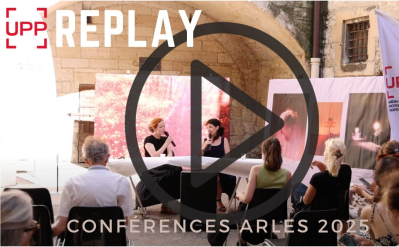
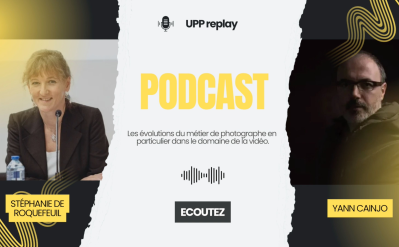

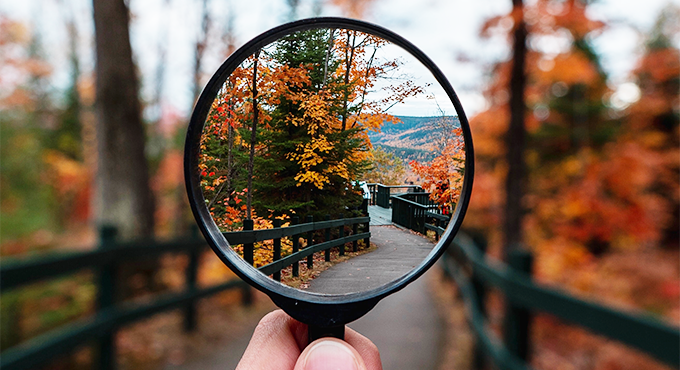
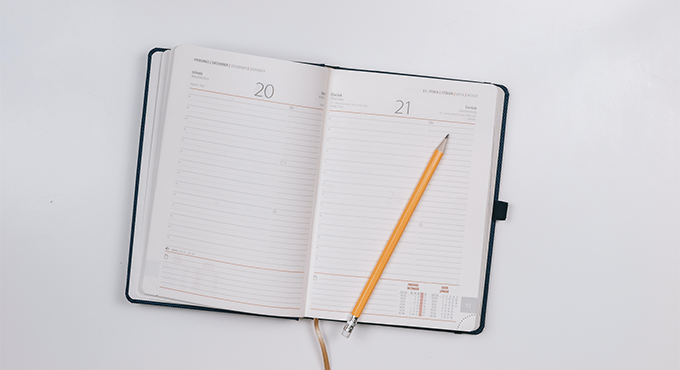
No comment
Log in to post comment. Log in.